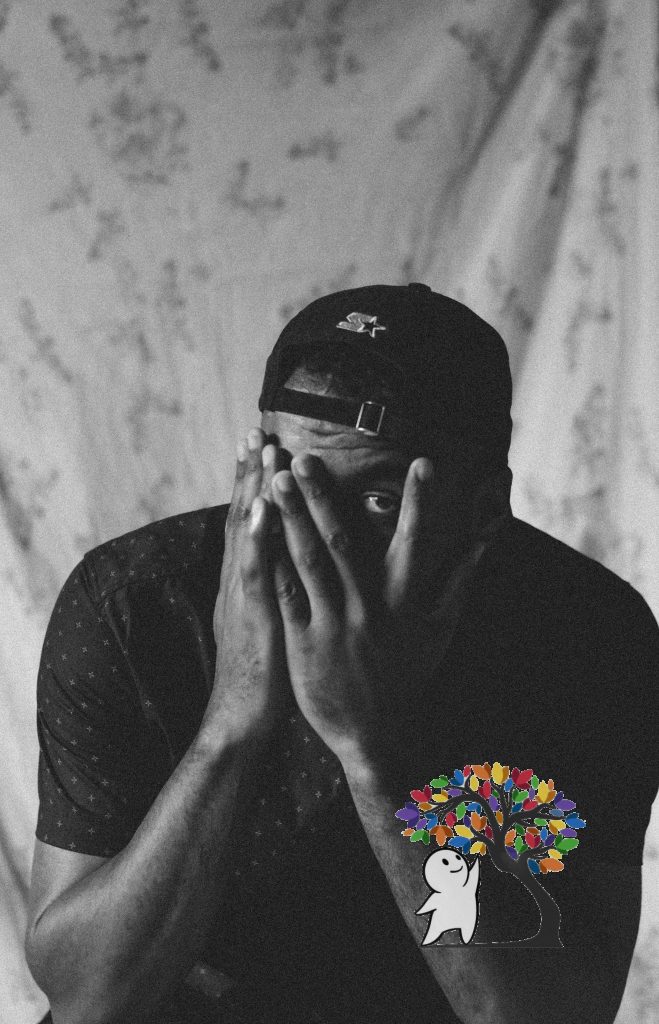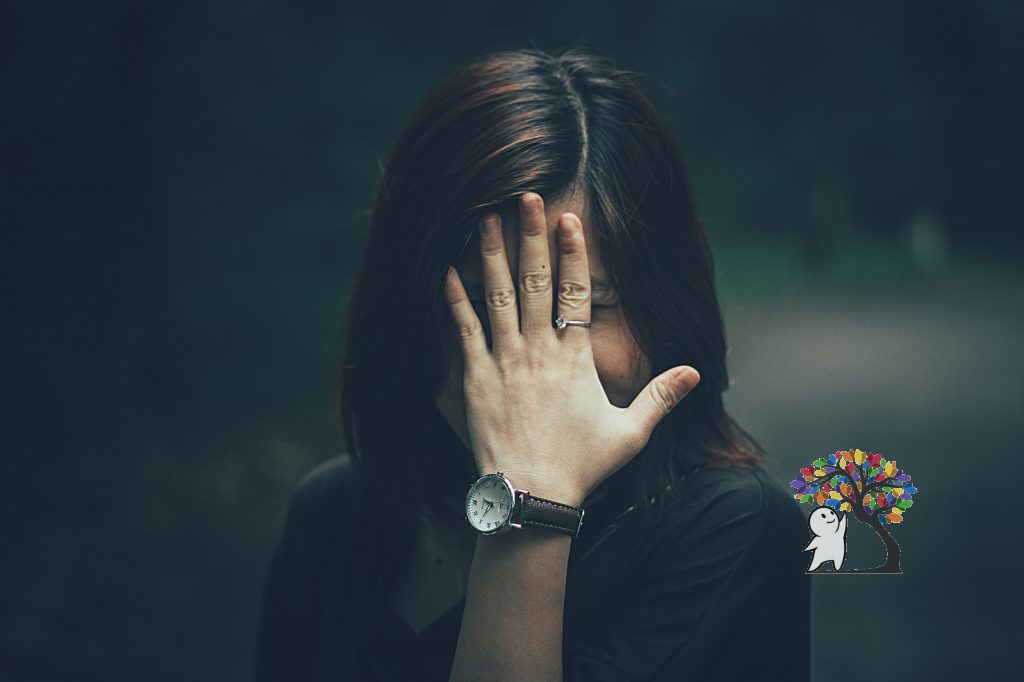7 Signs You Lack Confidence

Whether it’s through fashion, actions, or even words, confidence––and a lack thereof––can express itself in a multitude of ways. It can trick you into thinking and even acting like a completely different person. Unfortunately, a lack of self-confidence can be pretty tricky to tame, especially if you’re not paying attention to the ways it affects your everyday behavior. This will look and feel different from person to person, so you’ll just have to learn what resonates with you!
Here are 7 signs you lack confidence:
1. You Have Poor Posture
How you look on the outside often reflects how you feel about yourself on the inside. According to a 2009 study from Ohio State University, “Sitting up straight in your chair isn’t just good for your posture — it also gives you more confidence in your own thoughts…Researchers found that people who were told to sit up straight were more likely to believe thoughts they wrote down while in that posture concerning whether they were qualified for a job.” Start with adjusting your posture and being aware of your body language whenever it comes to mind, and soon sitting up straight––and the self-confidence that follows––will come naturally.
2. You Don’t Go Out Alone
Taking yourself out for dinner or just to run errands might feel weird at first, but it’s actually more common than you think. Independence is nothing to feel embarrassed about! If you’re worried about others’ opinions, just remember that they’re probably too focused on themselves to notice that you’re flying solo. Don’t let the stigma of being alone stop you from living the life you want. There’s nothing wrong with choosing to spend some time by yourself; in fact, some quality you-time is perfectly healthy!

3. You Can’t Say No
Respecting your own boundaries is an important piece of self-confidence that many people struggle with. As children we are taught about being courteous and helpful to others, but it’s rare that self-care is emphasized as frequently. It can be difficult to say no if you fear disappointing others, but you must remember that your own well-being comes first. If you don’t follow your own boundaries, how can you expect others to do the same?
4. You Seek Validation From Others
Hannah Rose, a licensed clinical professional counselor, struggled with “people-pleasing and approval-seeking” for years. She admits that these behaviors stemmed from a fear of others’ judgement that began in her childhood. While therapy helped her dig to the root of her lack of self-confidence, it took awhile for her to realize that her fear of rejection was actually about her and not about others. She was projecting her own hesitation and denial onto others, which never allowed her to turn her focus inward to wholeheartedly examine the root of the problem: her own fear.
5. You’re Indecisive
Indecision might look like simple conflicting feelings on the surface, but it stems from a lack of self-trust. You may look toward others for examples or validation that you’re on the right track in life. When you don’t believe in your gut or intuition, you’re not likely to make many productive decisions. This might lead to a heavy reliance on others or an inability to recognize your own values. It’s ok to take some time to reevaluate what’s important to you.
6. You Don’t Prioritize Self-Care
When you lack confidence and self-love, you may not feel as motivated to take care of yourself. Showers become shorter, tidying up happens less frequently, or maybe you’re wearing the same shirt for the fifth time this week. Whatever it may be, these changes may happen so slowly that you don’t notice the difference in your routine or appearance–– but that’s ok! Once you do notice the changes, though, it’s important to reassess your self-care and healthy habits to the best of your ability, so you know that you’re setting yourself up for the best.

7. You Isolate Yourself
When you don’t have the self-confidence to maintain the social life you desire, you put yourself at risk for both social and emotional isolation. GoodTherapy defines social isolation as “the absence of social relationships,” whereas emotional isolation is the inability or unwillingness to share one’s emotions with others. This lack of socialization also stems from a fear of rejection from others that (you guessed it!) comes from a lack of self-confidence.
Do you relate to any of these? Have you noticed any other signs of a lack of confidence in others, or maybe even yourself? Let us know in the comments! To learn more about self-confidence, check out more at psych2go.net.
Sources
“Body Posture Affects Confidence In Your Own Thoughts, Study Finds.” ScienceDaily, ScienceDaily, 5 Oct. 2009, www.sciencedaily.com/releases/2009/10/091005111627.htm.
Rose, Hannah. “Why Do We Constantly Seek the Approval of Others?” Psychology Today, Sussex Publishers, 22 June 2019, www.psychologytoday.com/us/blog/working-through-shame/201906/why-do-we-constantly-seek-the-approval-others.
Team, GoodTherapy Editor. “Isolation.” Learn about Emotional and Social Isolation, Treatment For, GoodTherapy, 8 Aug. 2018, www.goodtherapy.org/learn-about-therapy/issues/isolation.



Responses